MEET THE MICHIGAN GRADS WHO ARE TRYING TO TAKE THE HASSLE OUT OF THE COLLEGE HOUSE HUNTING PROCESS

Fast forward one year later, Jason and classmate Tim Jones were given an assignment in a business class to create a solution for a problem they were familiar with. Figuring they weren’t the only ones who saw the housing rental process as stressful and outdated, the two created A2Cribs, a website that complied all the rental information for Ann Arbor properties into one place. The site picked up a substantial amount of traffic in the first few months, serving as a strong case of market validation for Jason and Alex. The project was put on hold as the two graduated and took jobs in different cities. But only a few weeks in, they found the lack of freedom and creativity in their respective corporate settings overwhelming, and made the decision to return to Ann Arbor and address the issues of college housing by founding Cribspot.
 co-founder Jason Okrasinski
co-founder Jason Okrasinski Despite only launching at University of Michigan in September of 2013, Cribspot has seen rapid growth and currently lists properties for over a dozen schools nationwide. It has helped 50,000 renters find leases in major college towns such as Athens (GA), Columbus (OH), and Bloomington (IN). I had a chance to chat with Jason to learn more about Cribspot and its plan to eliminate the stresses and headaches of the college housing hunt. Check out the interview below:
There isn't an exact science for launching at new colleges. We typically consider several qualities such as the university type, size, location, geography, and make-up. Once we've targeted a school, we then ask landlords to add their rentals to Cribspot. It's a very laborious and tedious process, so we typically work with universities to aid in that process.
Q: Can you talk a bit about your competition. There’s plenty of it between Craigslist, Zillow and then of course the entrenched major property owners in the college towns. How do you get students to go to Cribspot before them?
College students know they need a place to live the next year, but they aren't just going to use one website and lease the first place they find. We find that most renters use multiple sites and our advantage is that our site is built by college renters, so we typically have more data than other competitors.
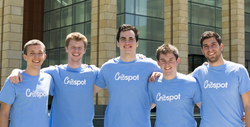 Jason and the rest of the Cribspot Team
Jason and the rest of the Cribspot Team As a college start-up, we naturally focus on social media as a marketing tool. However, the real motivator behind sharing our content is that most new renters are completely ignorant of the rental process. We know this because we were once freshmen on campus. We really want to help these renters find a place and we've found that good content provides greater transparency to the chaotic housing search.
Q: You guys just raised a big seed round recently ($660,000), how will that additional capital help with the next phase of growth at Cribspot?
We raised the seed round to grow our portfolio of current campuses. The rental process is so broken that we are only tackling the first part of the problem. Eventually, we want to use the capital to alleviate some of the other stresses surrounding the rental search and leasing time.
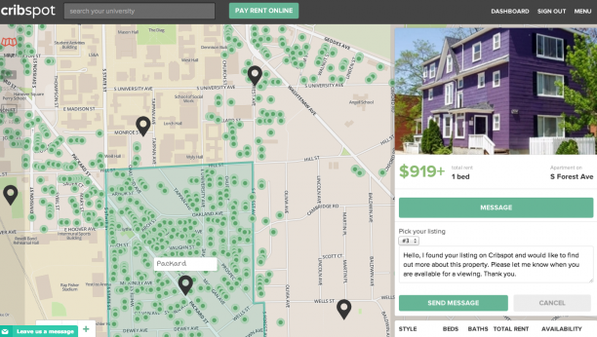

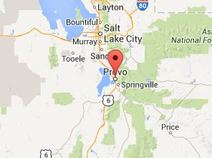




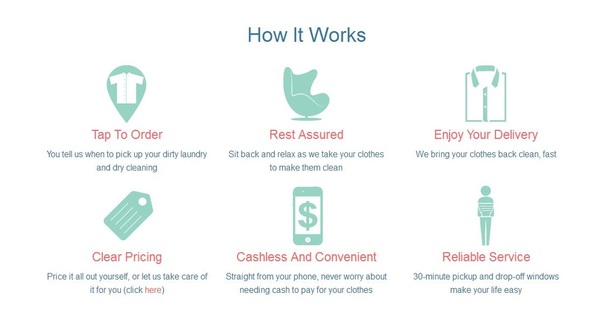
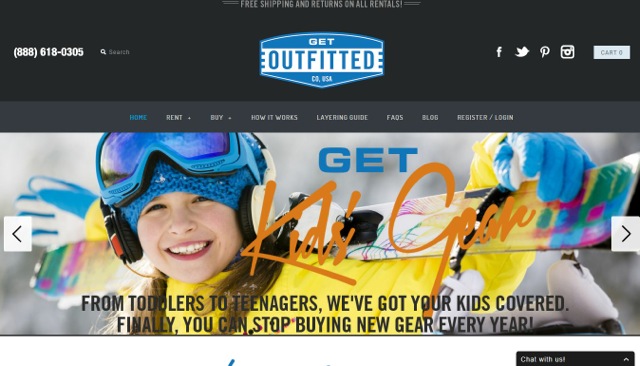
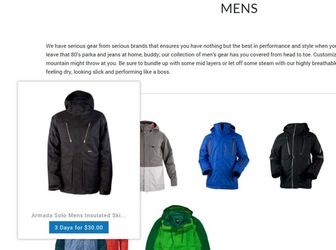













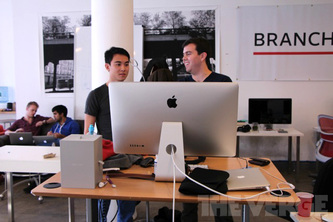

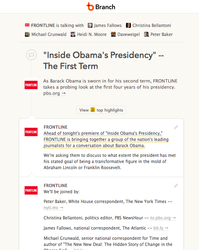
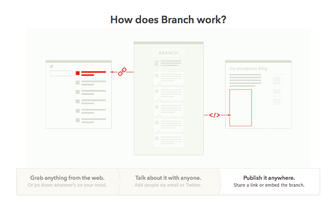



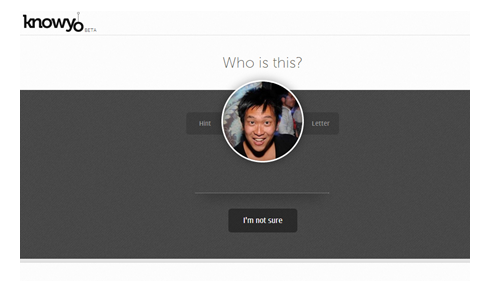
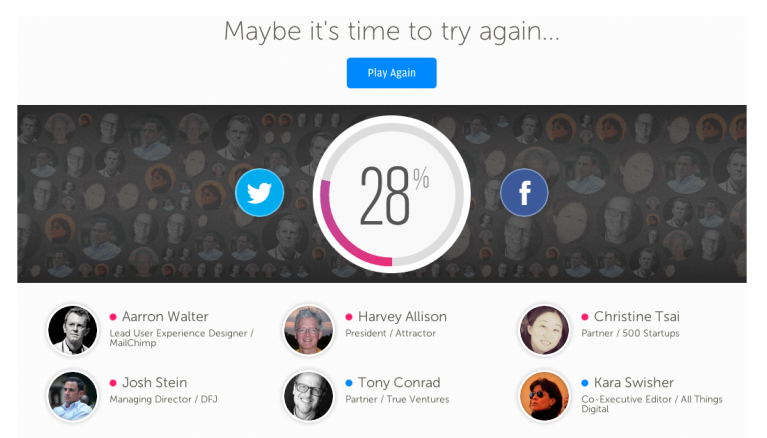

 RSS Feed
RSS Feed
